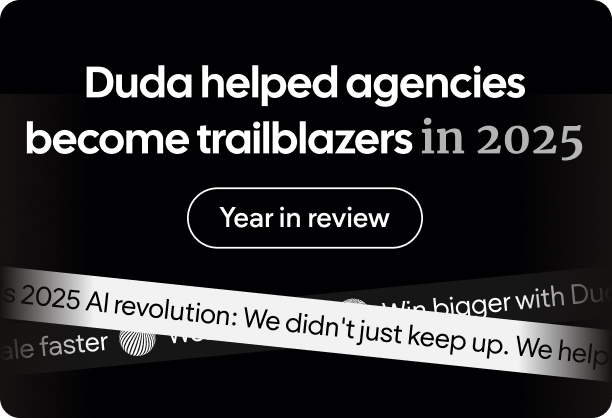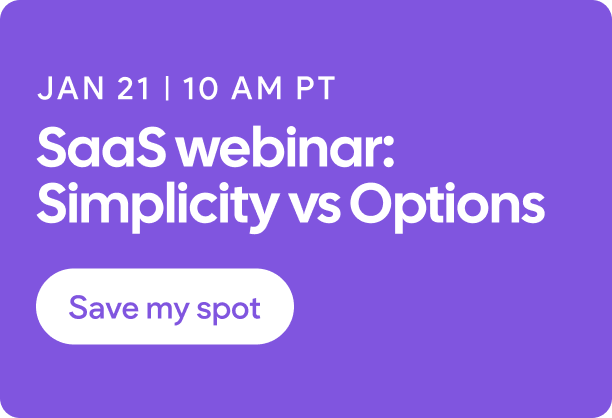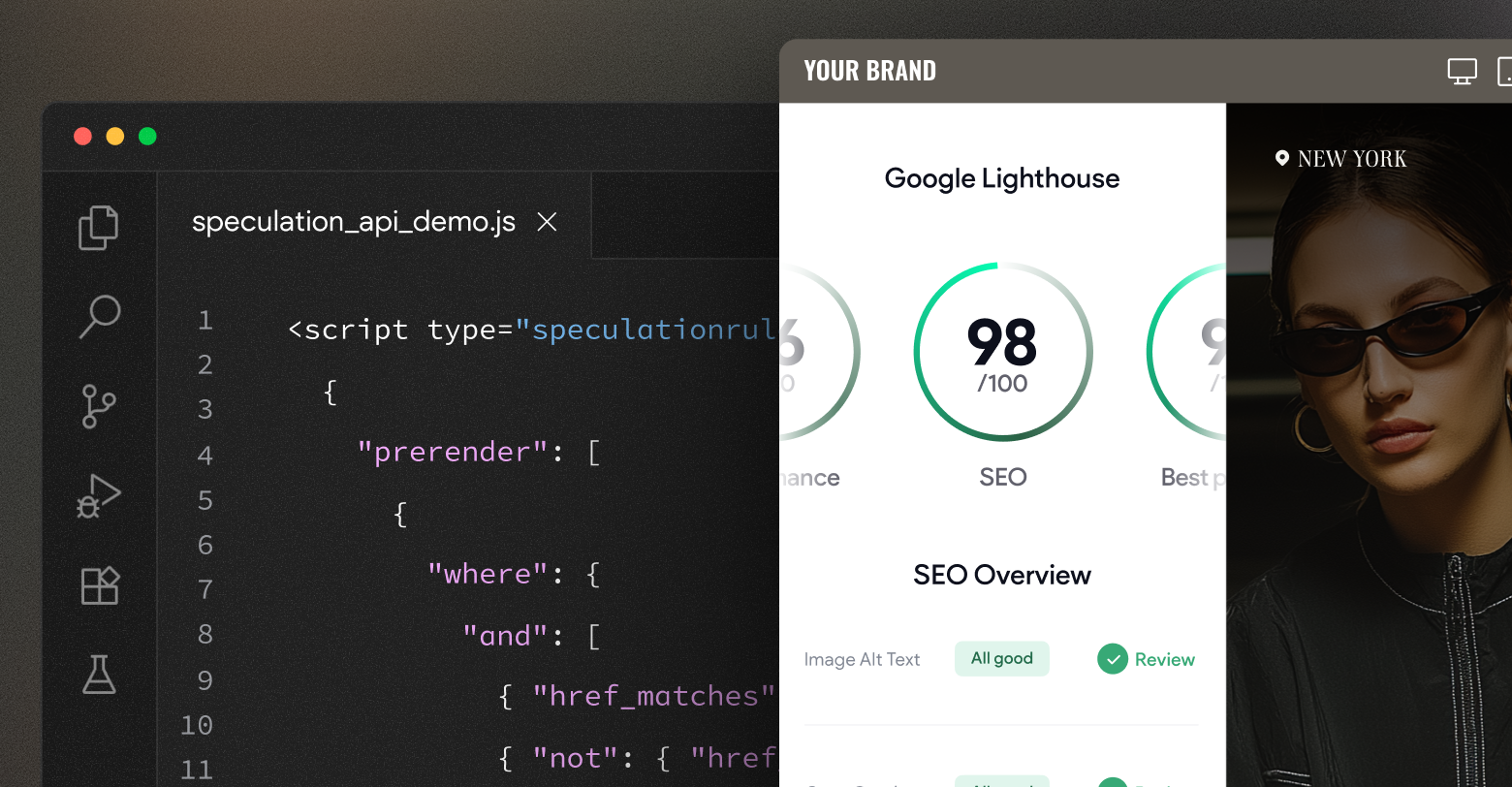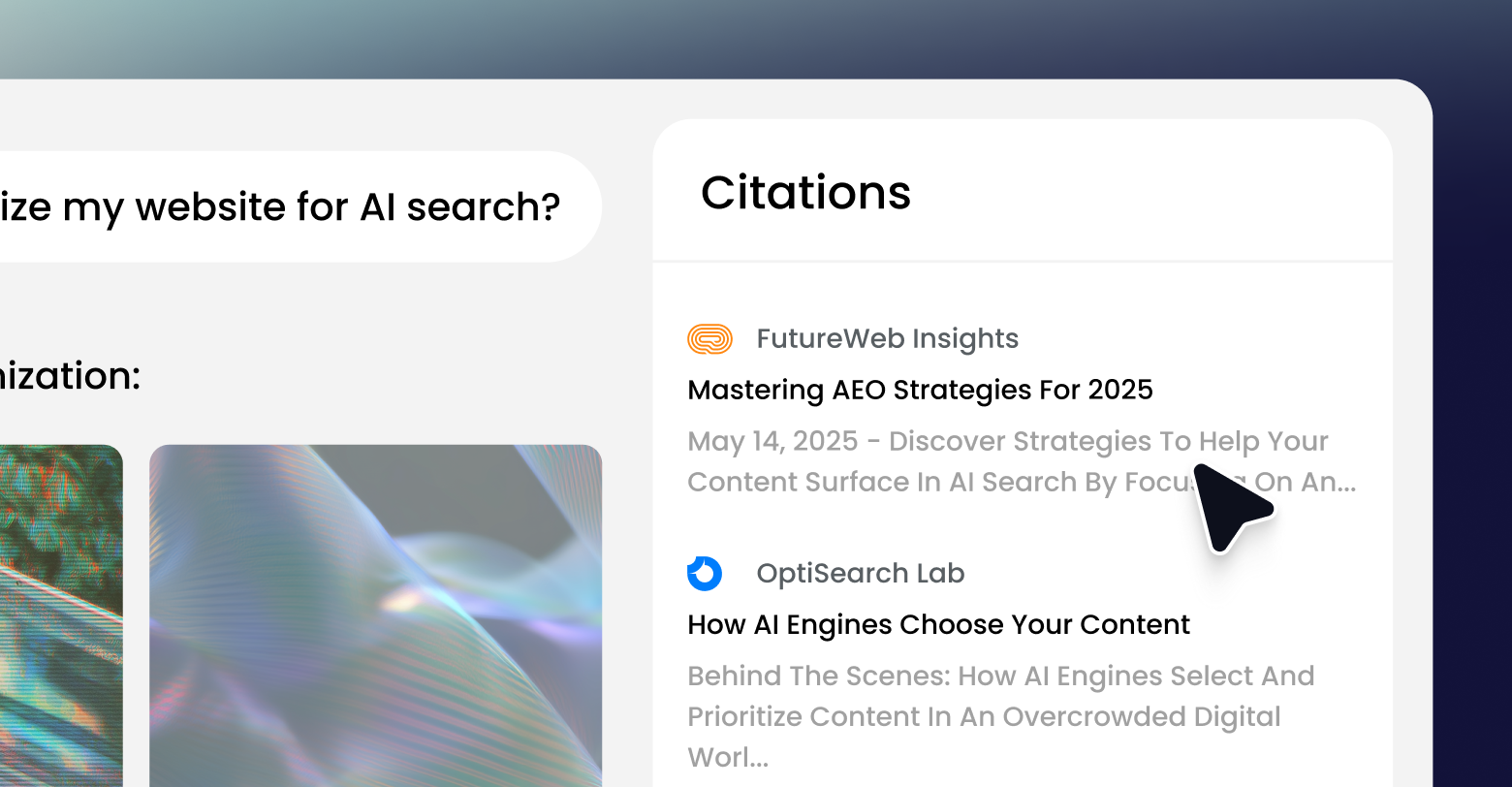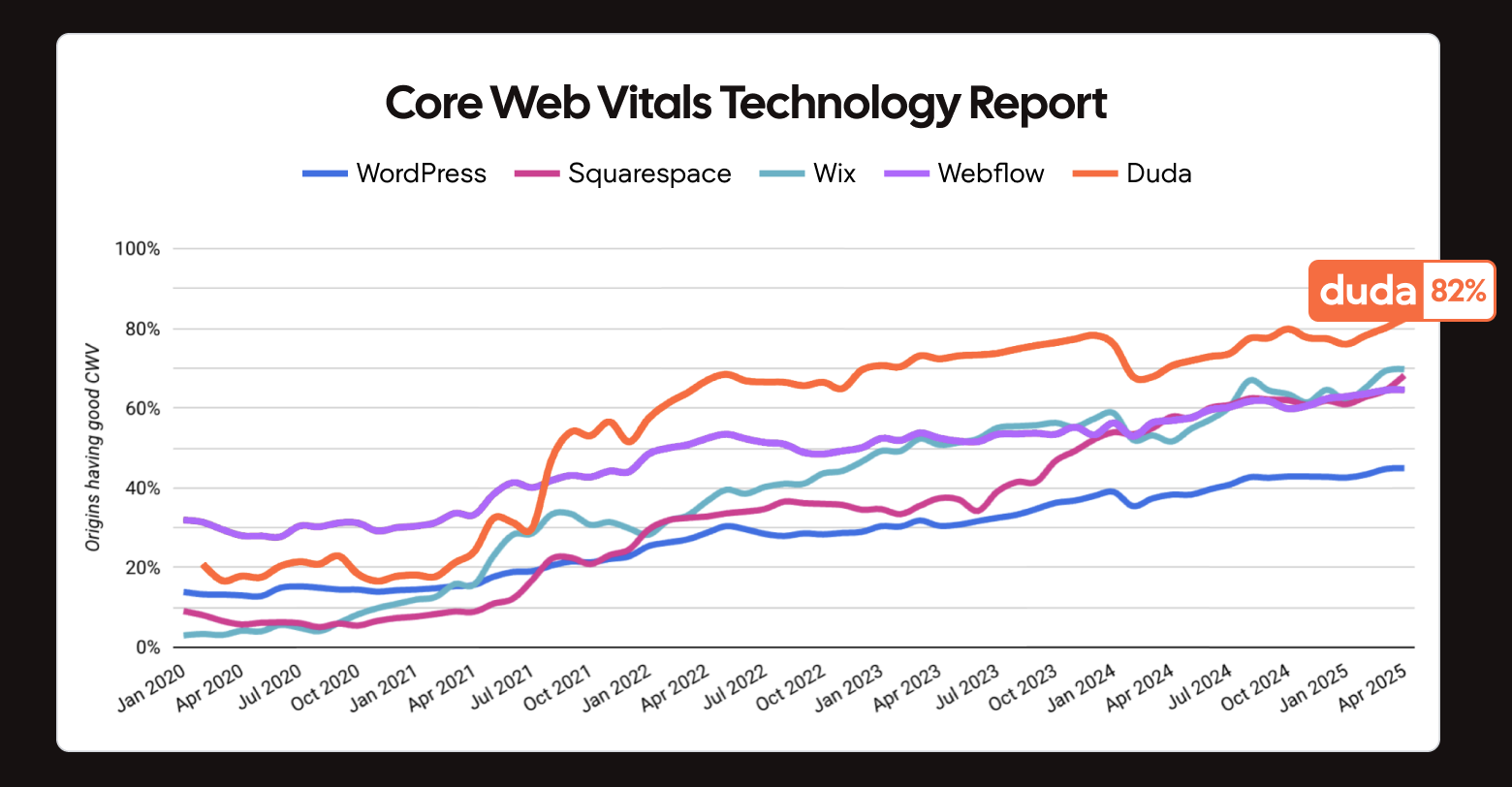Growth is critical to the success of any startup, and SEO is a marketing strategy that can supercharge the growth of budding businesses. But in the intensity of getting a startup off the ground, what should you focus on when it comes to SEO? This article provides some insights for using SEO to grow a startup from scratch.
Domain and Brand Name Choice
It’s important to put some thought into and be selective about the brand name for your startup and the domain name you choose for your website. You probably want to focus solely on the product or service you’re offering—the names you choose for your brand might feel like an afterthought.
You can, however, create confused messaging when you don’t think carefully about brand and domain names. A good perspective is to ask what happens if your brand becomes big? You don’t want to be in a tricky situation where another well-known company has a similar name or there are no domain names available that are related to your brand.
Use the following tips when researching brand and domain names:
- Get creative and try to pick something as unique as possible. There are even online brand name generators to do the thinking for you.
- Google your chosen brand name using a VPN to check if other companies in nearby countries (and your own country) use a similar name
- Conduct thorough due diligence on the brand name you select and whether it’s trademarked and on the domain you buy and its link history.
- Shortlist several candidate names and get feedback from friends or colleagues to narrow it down to one brand and domain name
Hire Your First SEO Specialist
Excellent SEOs are hard to come by. If you’re a founder with minimal SEO knowledge, trusting someone to do SEO for you is a big decision. You don’t quite know when launching your business whether SEO will contribute heavily to its future growth.
Seek out advice from as many people as possible. Consider even hiring an external agency or consultant to get advice on the best SEO approach for your business. Perhaps even reach out to SEOs working for other startups using networks like LinkedIn to get their opinions.
Then, commit to either hiring an SEO freelancer, partnering with an SEO agency, doing it yourself, or working towards building your own in-house SEO team. Since SEO often takes 1-2 years to start showing its value, it may be best to execute your strategy using external resources until you’re ready to commit to it for the long term.
Initial Keyword Research and Content Production
With a website domain name purchased and an SEO plan in place, start your initial keyword research. Even if your SEO knowledge is limited, you can execute this part of the strategy alone. Use a resource like learningseo.io to learn how to develop a solid keyword research plan.
Fast-track your ability to find keywords using paid SaaS solutions, such as Semrush or ahrefs. You can also look at competitors’ websites and get an idea of the kind of keywords they’re targeting with their content. Often, there are opportunities to win prime search positions for lucrative keywords simply by writing better content than your competitors.
When posting content, focus on quality content that conveys expertise. As a new brand, quantity is also important. You can’t get results and build up authority with a sparse blog of 1-2 posts. This doesn’t imply you need to become a content machine, but try to push out a good number of articles on your blog initially to build a solid content base.
Work with Who Already Ranks
As a startup, getting the word out there about your business using SEO is very unlikely to show immediate results. A faster and potentially cheaper starting strategy is to work with who already ranks. There are two possible ways to do this:
- Leverage affiliate CPA programs: Armed with a set of keywords related to your offering, you can validate your product-market fit by reaching out to businesses and blogs that already rank for these competitive terms. Try to build a partnership through an affiliate deal in which you pay that website for each sale, trial, or other valuable customer action they bring to you.
- Purchase currently ranking websites: With extensive keyword research, you’ll probably notice a few smaller blogs or abandoned sites ranking for some of the terms you’d like to rank for. Contact the site owners and see if they’re selling so that you can attempt to capture their pre-existing authority and re-direct their links to your domain or otherwise merge these sites with yours.
How to Build Efficiently
One important step to efficiently build out your web presence is to opt for a plug-and-play content management system (CMS). Among several popular choices are Duda, WordPress, and Squarespace (Duda has the leading core web vitals scores out of all popular platforms). Enterprise platforms or custom builds are only worth considering when you’ve established your startup as a successful business. The benefits of plug and play platforms include:
- Easier to find talented people who know how to optimize sites on these platforms and debus issues.
- Dedicated support staff typically answer questions promptly
- You still don’t know quite what features and functionality you might need from an enterprise CMS or custom build
- You get plenty of out-of-the-box features that can help with your initial SEO efforts
Initial SEO KPIs and Metrics
When you’ve bought a domain name, performed keyword research, and started publishing content, it’s time to think about how to measure the success of your SEO efforts. Try not to measure too many things at the beginning. As a founder at a startup, you don’t have the time to become overburdened by analysis paralysis. In particular, don’t waste time trying to use scripts to track things that you won’t have time to look through.
Consider using the information provided by Google Search Console to gauge initial SEO success. Search Console provides a wealth of useful information, including the top queries people search for to find your site and the top pages visited sorted by clicks and impressions.
Wrapping Up
In closing, SEO is a long-term game, but being methodical about it has a high chance of boosting the growth potential of your new startup. Use the tips here to make sure you avoid some common stumbling blocks and pain points and get the most from your efforts.

